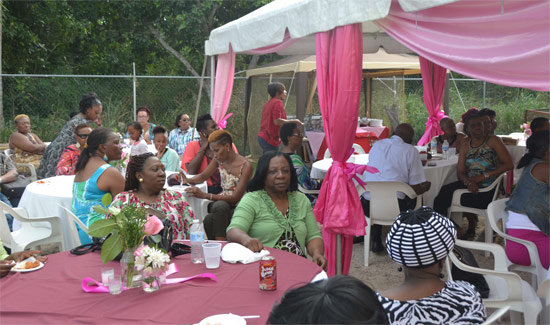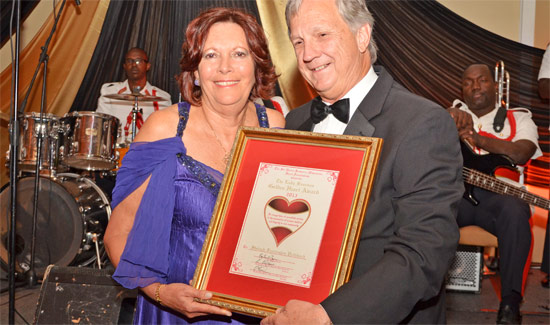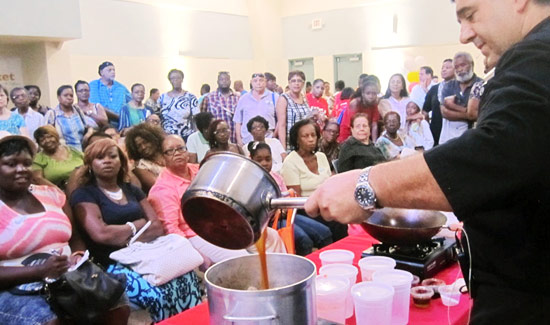Nassau, The Bahamas — The ongoing replacement of some of the island’s deteriorated water mains will help the Government of The Bahamas meet one of the key long-term recommendations offered by Pan American Health Organisation (PHO)/World Health Organisation (WHO) officials to fight mosquito-borne diseases such as dengue in The Bahamas.
The replacement of the water mains is part of the overall New Providence Road Improvement and Infrastructure Project.
PAHO/WHO officials last week said the government should ensure that there is a continuous water supply to all houses which would help to prevent people from collecting water in their backyards for daily usage. They say the end result would be a downturn in the incidences of mosquito-borne diseases.
Local officials say the replacement of the water mains will help to address a portion of that suggestion, particularly in areas such as eastern New Providence where poor water mains – the result of water pipes being placed in the ground in the 1940s – have impacted the quality and flow of water into that area.
They say the improvements to the mains will not only improve the quality of water, but also the supply of water to residents.
Water and Sewage officials are also installing additional service lines in a number of areas that will improve water pressure which they say should have the domino effect of eliminating the need for residents to collect water.
The PAHO/WHO recommendations were based on the findings of officials of the Ministry of Health, Ministry of the Environment the PAHO/WHO team.
Others included an annual review of the dengue prevention and control programme; improved surveillance, data analysis and use of the data to support vector control response; assessment of the effectiveness of the insecticides currently in use; strengthening the monitoring of the impact of fogging activities by tracking mosquito populations, and embarking on aggressive preventative measures in the Family Islands.
“We further recommend that the Ministry of Health, the Ministry of the Environment and the Department of Environmental Health Services, continue to work closely together. This is not the fight of one department; this is not the fight of one ministry, this is a collective fight and not only of the government, but also of all the people in the country” Dr. Gerry Eijkemans, PAHO/WHO representative to The Bahamas said.
“We have to continue to improve surveillance, data analysis and the use of the data to support effective control response, and so all the information we have, we have to use it to do the right interventions,” Dr. Eijkemans added.
Dr. Eijkemans said embarking on aggressive, preventative measures in the Family Islands would help to prevent dengue from occurring there.
“We can prevent it,” she said.
Dr. Eijkemans said officials at the Ministry of the Environment are currently addressing another of the team’s recommendations – assessing the effectiveness of insecticides currently in use.
The PAHO/WHO representative applauded Ministry of Health, Ministry of Environment and the Department of Environmental Health Services (DEHS) for the work they have been doing to combat the mosquito problem, especially over the past month.
“The PAHO/WHO recommendations were based on all the work by the Ministry of Health and the Ministry of Environment which has been done excellently over the past month,” Dr. Eijkemans added.



